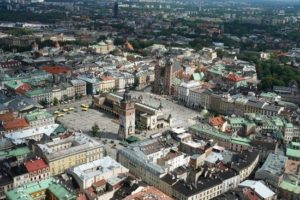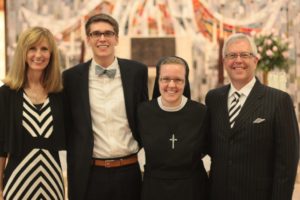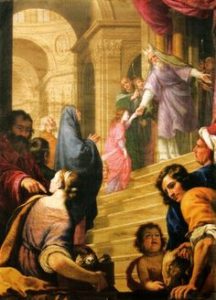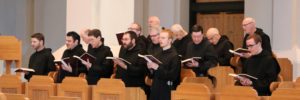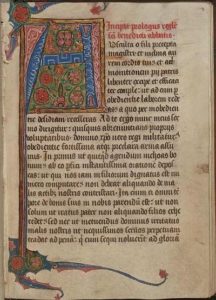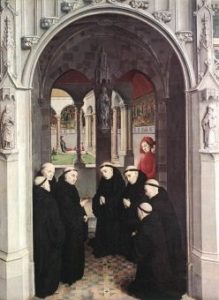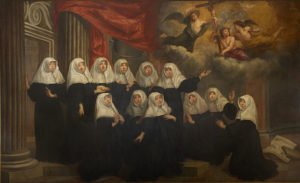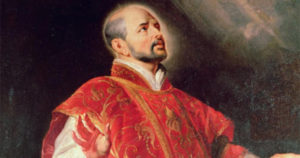 St. Ignatius of Loyola learned from the lives of the saints, and the concrete witness of their lives transformed him. He saw that Christ was the center of their particular lives, and he started to see the narrative of his own life in such a way. In The Grammar of Assent, Bl. John Henry Newman distinguishes between notional assent and real assent. In a nutshell, notional assent is the acknowledgement we give to the truth of abstract propositions. It is not an assent grounded in concrete experiences, and it often makes little difference in the way we live. One can see this in arguments for the existence of God. Often times, the argument from contingency doesn’t transform us. However, as Newman points out, the argument from conscience does have this effect. Many have the real experience of the pangs of conscience, and the intuition of a supreme moral authority. We sense this to be the voice of God. Newman says that religion must have both. However, if you want to transform men real assent is necessary. Newman says, “Many a man will live and die upon a dogma: no man will be a martyr for a conclusion…No one, I say, will die for his calculations: he dies for realities.” Real assent is grounded in real objects that have a force on a person unlike notional assent. It is grounded in experience. As a Brit, Newman resisted the abstractions of continental philosophy. However, he didn’t lead us down the equally abstract empiricism of Hume but to the true experience we all have, i.e. the intuition of the real world and the sense of God that is written on our hearts. Ignatius is an example of the transformation real assent can influence not only one life but the whole world.
St. Ignatius of Loyola learned from the lives of the saints, and the concrete witness of their lives transformed him. He saw that Christ was the center of their particular lives, and he started to see the narrative of his own life in such a way. In The Grammar of Assent, Bl. John Henry Newman distinguishes between notional assent and real assent. In a nutshell, notional assent is the acknowledgement we give to the truth of abstract propositions. It is not an assent grounded in concrete experiences, and it often makes little difference in the way we live. One can see this in arguments for the existence of God. Often times, the argument from contingency doesn’t transform us. However, as Newman points out, the argument from conscience does have this effect. Many have the real experience of the pangs of conscience, and the intuition of a supreme moral authority. We sense this to be the voice of God. Newman says that religion must have both. However, if you want to transform men real assent is necessary. Newman says, “Many a man will live and die upon a dogma: no man will be a martyr for a conclusion…No one, I say, will die for his calculations: he dies for realities.” Real assent is grounded in real objects that have a force on a person unlike notional assent. It is grounded in experience. As a Brit, Newman resisted the abstractions of continental philosophy. However, he didn’t lead us down the equally abstract empiricism of Hume but to the true experience we all have, i.e. the intuition of the real world and the sense of God that is written on our hearts. Ignatius is an example of the transformation real assent can influence not only one life but the whole world.
St. Ignatius was a warrior. His life centered around glory on the battlefield. However, after his injury he came to see the folly of such ways. His desire was misdirected. He read the lives of the saints and was transformed into a disciple of Christ. The lives of the saints were a concrete witness to him of the glory of martyrdom (witness). This conversion probably wouldn’t occur if he happened to pick up Aquinas’ De Potentia. We need to keep this in mind when we want to evangelize the youth, encouraging them to consider a religious vocation. This will not happen by abstraction, but by the heroism of the saints. In an age of the crisis of reason, abstract arguments will not hold. We need to relearn the art of inspiring real assent, and a good way of doing this is by telling the lives of the saints. On this Feast of St. Ignatius, let us recall the heroism of Ignatius and the early Jesuit saints, calling on them for a renewal in religious life around the world. May people find their vocation by hearing the stories of how the saints found theirs.
